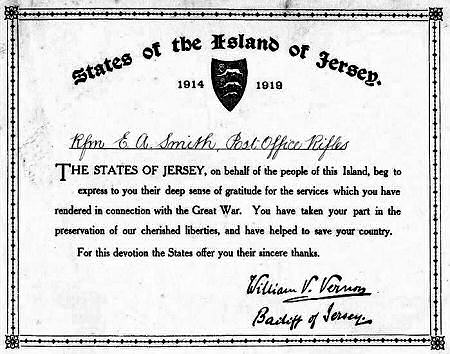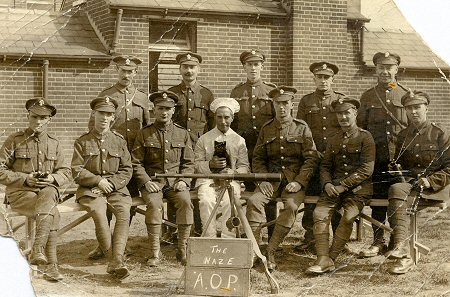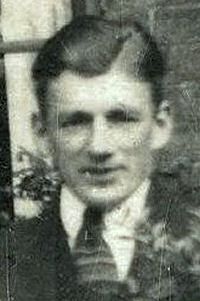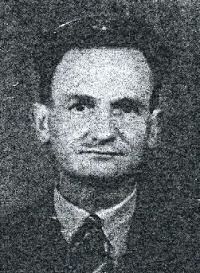|
'Bert' Ernest Albert Smith was born 1894
in Richmond, Surrey and moved to Jersey before 1912 as
a telephonist.
He enlisted on 25th July, 1915 as a Private
(371898) to serve with the 8th Battalion (Post Office
Rifles), London Regiment. The London Regiment was, before
and during the Great War, a Territorial Force unit that
consisted of a number of Battalions with its men drawn
from London and the Home Counties.
According to the 1919 Jersey Roll of Service
it was noted that 'Bert' had been wounded during his time
with the PO Rifles, and it is probable that his wound(s)
were of sufficient severity to prevent subsequent front-line
duty.
|
|

On his Army Form Z.21, "Certificate
of Disembodiment on Demobilisation", it states
that he also served with the Royal Fusiliers and the Rifle
Brigade before being transferred to the Labour Corps.
The photograph of him among a group of men at the Naze
shows the men wearing Fusiliers' cap-badges. However,
the London Regiment also had numerous other Battalions,
with some that were identified as "Royal Fusiliers"
and "London Rifle Brigade", and it is possible
that he served with these. The London Regiment had Battalions
based in Walton-on-the-Naze in 1917 and 1918, when the
photograph must have been taken.

Click on the photograph to enlarge
In the photograph, 'Bert' was a Lance Corporal,
and is seated on the chef's immediate right. A Good Conduct
Stripe is visible on 'Bert's' left cuff, and having been
awarded after 2½ years "good service and undetected
crime", supports the photograph's date of 1918. Just
visible behind the telescope on the left cuff is a wound
stripe.
|
Although he and other members of the group were clearly
regarded as being insufficiently fit for front-line
duty, their location at the Naze suggests that they
still had an important duty to perform. The board marked
AOP suggests that they were at one of a number of Observation
Posts, and being equipped with telescope and binoculars,
it would suggest that they were carrying out coastal
watch duties, a task that was especially important with
the ports of Harwich and Felixstowe a few miles to the
north, coupled with a sizeable Royal Naval presence
in terms of the 'Harwich Force'.

1919
'Bert' was finally transferred to the Labour
Corps (613141), where he served with the 139th Prisoner
of War Company, before being discharged on 9th March,
1919 with his fitness on his Form Z.21 categorised as
B1, which indicated that he was fit for service abroad,
but not general (i.e. front-line) service, in garrison
or provisional units.

German occupation identity picture, 1940
He stayed in Jersey during the German occupation
(1940-45) and died in Jersey in 1960.
|